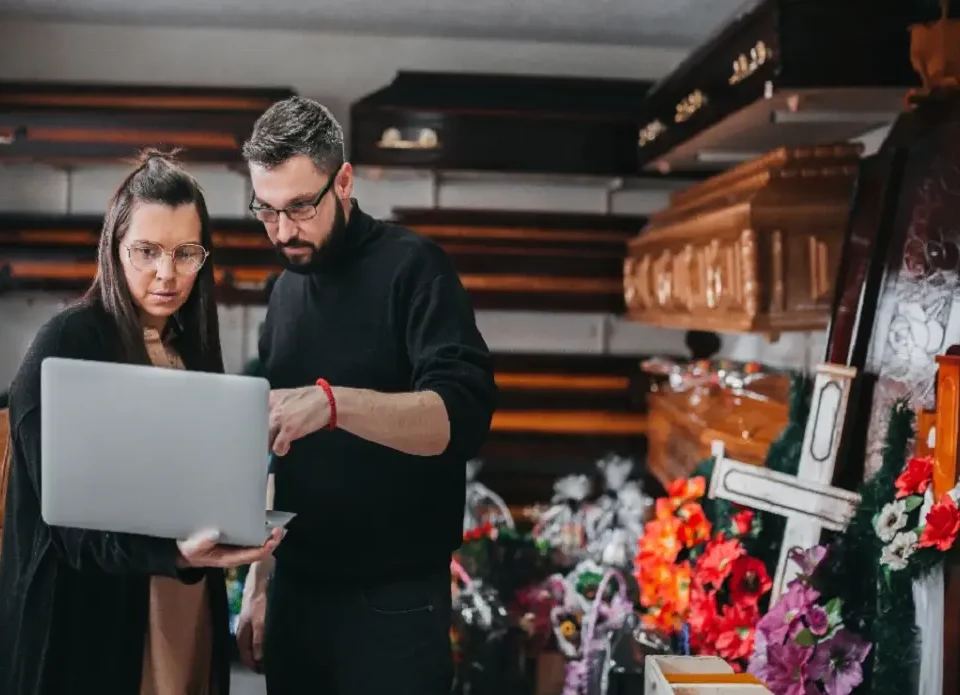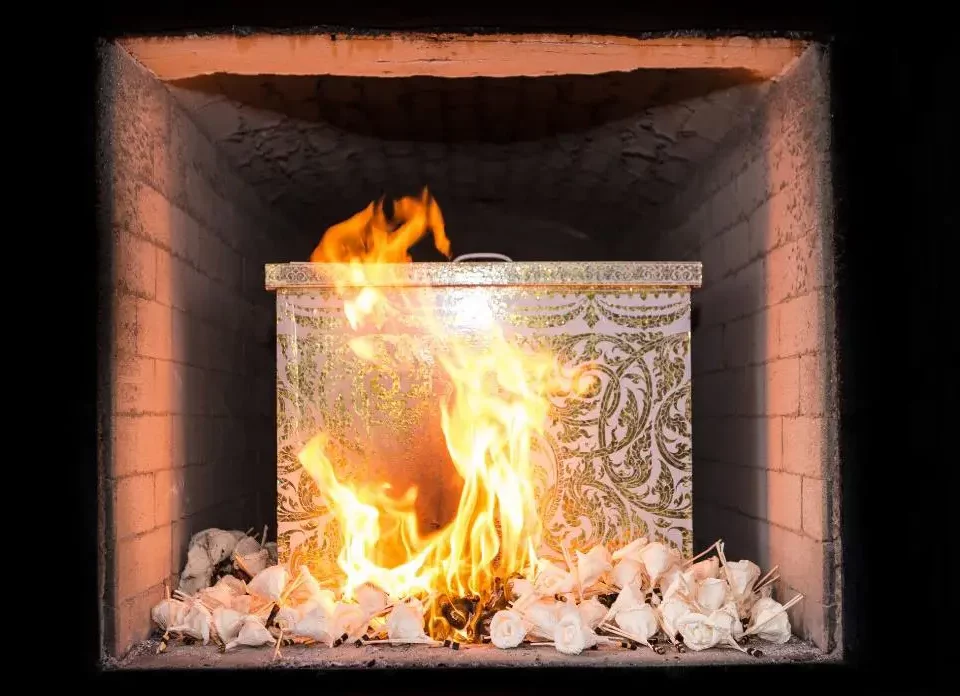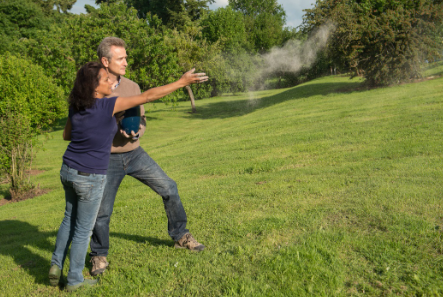- (703) 584-4927 | Contact Us SERVING VIRGINIA, WEST VIRGINIA, MARYLAND, AND DC
Eco Friendly Burial Activities

Religion and Cremation
May 12, 2023
What You Need To Know About Virtual Memorials
June 15, 2023
Environmentally Friendly Alternatives to Traditional Burials
With the effects of climate change becoming apparent, more people are getting serious about taking care of the environment. According to reports, the environment is the top concern of today’s generation (“Gen Z”). They shop for “green” or sustainable products and engage in eco-friendly activities, such as cycling for transportation and growing food organically.
There has also been a significant shift in interest toward eco-friendly burial options, as a traditional burial is known to have a heavy impact on the environment. A conventional burial involves the use of harmful toxins such as formaldehyde and phenol, which leech into the soil and air. It also uses non-biodegradable materials like metal and lacquered wood, which will just be buried and never be used again.
If you are thinking of eco-friendly alternatives to a traditional burial, speak to a funeral director in Virginia. Ask if any of these environmentally friendly funeral activities are feasible in your area:
Cremation
While cremation still uses fossil fuels, it is still considered more environmentally friendly than a traditional burial. With this method, using toxic embalming chemicals is deemed unnecessary. The need for a space-consuming casket or coffin is eliminated, too. You just need a compact urn to store the cremated remains (ashes). Biodegradable urns are also widely available.
Green Burial
A “green” or natural burial has similarities to a traditional burial, but avoids the use of embalming chemicals and non-biodegradable caskets. The remains are placed in a biodegradable container or wrapped in compostable fabric and buried in a gravesite where they will naturally decompose.
Aquamation
Aquamation, or alkaline hydrolysis, is a water-based process of disposing human or animal remains. Instead of using fire, aquamation dissolves the remains using an alkaline water solution heated under pressure, which reduces the body to skeletal form. This process does not produce harmful emissions. The bones will then be ground to dust, placed in a container/urn, and given to the deceased’s family.
Human Composting
The process of human composting breaks down a person’s remains into fertile soil. To do this, the body is placed in a vessel/capsule filled with organic matter like wood chips, straw, and alfalfa. Good microbes/bacteria are also added to help with the composting process. After the remains break down, the material is then cured to become soil, which can then enrich gardens or forests.
For an eco-friendly burial for your dearly departed, contact us at Direct Cremation Services of Virginia. We specialize in simple yet dignified funeral services.



